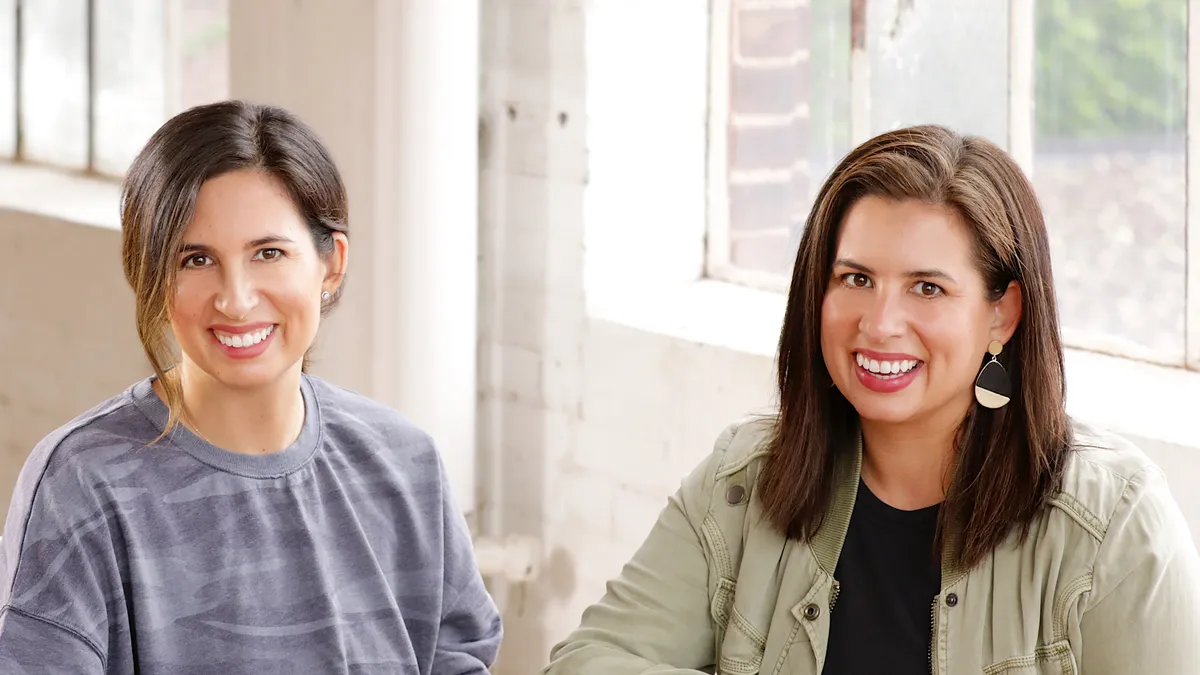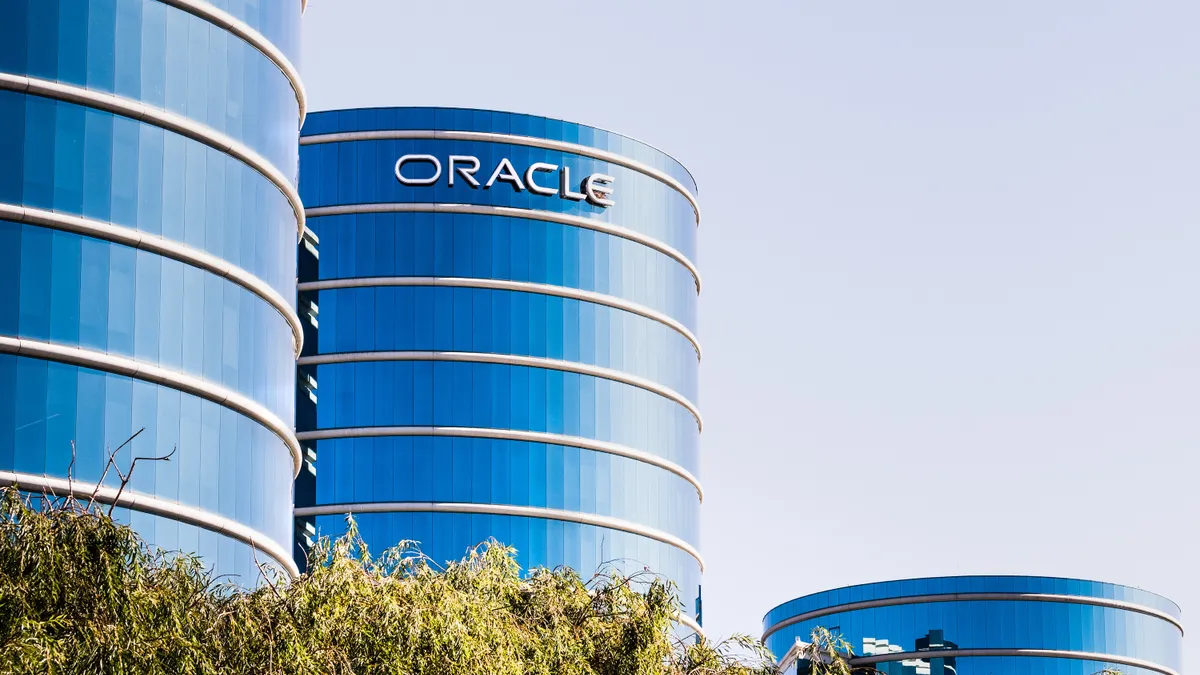For twin sisters Melanie Fountaine and Melissa Danielsen, the need for disability care support was personal — their older brother Josh had developmental disabilities and severe epilepsy growing up. "We saw very personally firsthand not only how hard it was to find quality care, but the type of caregivers that needed to understand his unique needs," Danielsen told HR Dive. Finding and managing multiple provider types and handling the associated paperwork was an arduous task.
Josh passed away suddenly 12 years ago, at which point Fountaine and Danielsen left their careers to start a disability care company. As Medicaid providers, their goal was to "support adults who wanted to transition into their own homes" — a milestone Josh, who died at the age of 29, was never able to make. "We never got to the point as a family where Josh got to live in his own environment. It was really hard for us to navigate the system and build trust," Danielsen said.
When their first caregiving company was acquired in late 2019, the sisters already had the framework for their next venture, Joshin, in mind. "We often heard families say, 'I wish there was something at my fingertips, like with grocery delivery or getting transportation. I wish there was a way to find a care provider fast, with somebody having done a lot of the work for me.'"
Fountaine and Danielsen took Joshin to market in January 2020. Last month, the startup announced it had closed on a $3 million seed round of funding, with investments from Anthemis Group and The Autism Impact Fund.
Joshin has attracted investments in part because of a "gap in the care economy," Danielsen said. "Child care benefits end at age 12 … and elder care benefits pick up at age 65. What's really lacking in the care economy is [support for those] between the years of 13 and 64." Half of those receiving support from Joshin are over 18.
According to the 2012 Census, 1 in 5 Americans has a disability. More recent data from the Centers for Disease Control and Prevention has put the number even higher, at closer to 1 in 4 adults in the U.S. Top disability needs include help with mobility, cognition and independent living; hearing, vision and self-care (dressing or bathing) round out the CDC's list. The condition types vary widely, from developmental and physical disabilities to severe anxiety and depression.
While Joshin has been a direct-to-consumer app from the time it became available, focus has shifted to building out the employer-benefit side of the business as interest from employers has grown. In July, the company participated in an event led by the Employer Health Innovation Roundtable, a coalition of businesses that learn about and discuss cutting-edge health and wellness benefit options, and Magnify Ventures, a venture capital fund focused on caregiving and family technology. Joshin was voted one of the winners of the pitch competition, enabling the startup to present to a full panel of employers associated with EHIR.
Joshin offers a customizable app for employers, who can select a range of options from the most basic plan to the most generous. For the basic plan, employees have unlimited access to the tech platform, which connects them to hundreds of care providers in their area. The most robust plan allows Joshin to integrate into a company's human resource information system, provides quarterly webinars specific to what the company wants, provides hands-on care coordination and, in cases where companies allow a budget for workers to use for caregiving, handles reimbursements. This plan also includes a keynote kickoff from Joshin on DEI topics related to disability. "We can get really entrenched and be part of your DEI team at a high level," Danielsen said.
For families with complex care needs, finding a responsible caregiver can command considerable research time and attention. Danielsen credits the founders' experience in their first caregiving company with helping them build a "streamlined, scalable process" for screening and onboarding caregivers. The company requires a minimum amount of experience, a review of past experience, a background check and identity verification. Joshin staffers then conduct a one-on-one interview with care providers. After each care date, the company also does quality assurance checks to ensure users are satisfied with the care provided.
One of the most substantive things Joshin can help employers do is cover the expense of care dates. "Let's say you're a retail employee and your child is sick, but you're scheduled from 12 p.m. to 8 p.m.," Danielsen said. "You need to book a care date so that you can go and fulfill your hourly shift. And so companies — especially retail [companies] and our lead organizations — are offering care date reimbursement."
For employers, the support provided by Joshin and other care benefits companies could translate into more productive, less distracted, less stressed employees. A recent Ipsos survey found that about 4 in 5 caregiving workers say they feel stress about caring for a loved one, with 23% reporting "significant or extreme" stress.
Because people with disabilities can require specialized care and often a team of providers — including specialists like occupational therapists, speech therapists, physical therapists, Medicaid specialists and more — coordinating their care can be especially daunting for an employed caregiver.
The platform also provides useful data to employers, Danielsen said, giving them a sense of how many employees need the support, what types of employees are using the platform and how many hours of caregiving they tend to need weekly. Caregivers are generally female, married employees, Danielsen said. With all the women who left the workforce during the pandemic, employers seeing so many women sign up to use the benefit "just [reinforces] the fact that we really need to provide these care benefits to get women back into the workforce," she added.
"We have to bring these stories out from the shadows and create a culture for employees to be able to talk about these needs," Danielsen said. "Employees are struggling to manage the complex care needs of their loved ones while still trying to build their career. Our passion is that they shouldn't be penalized for having a loved one with complex care needs. They should be supported."





















